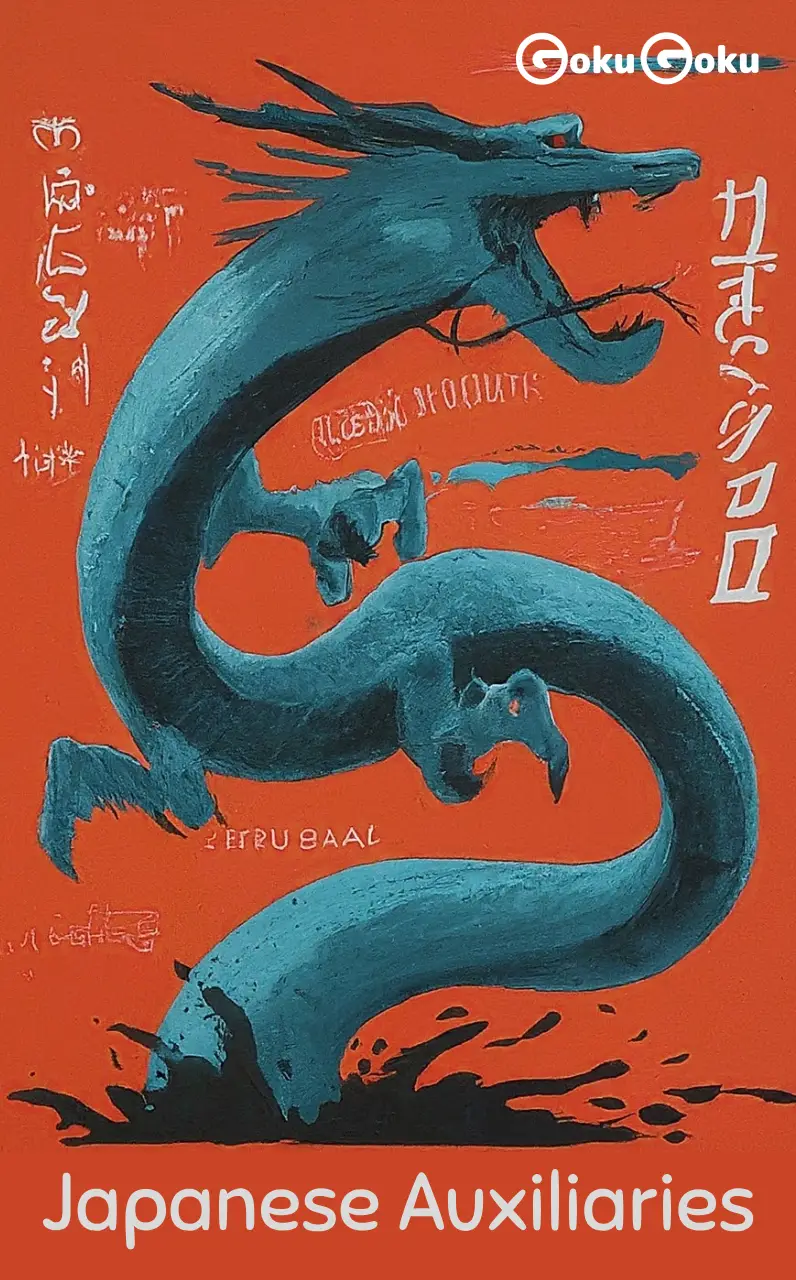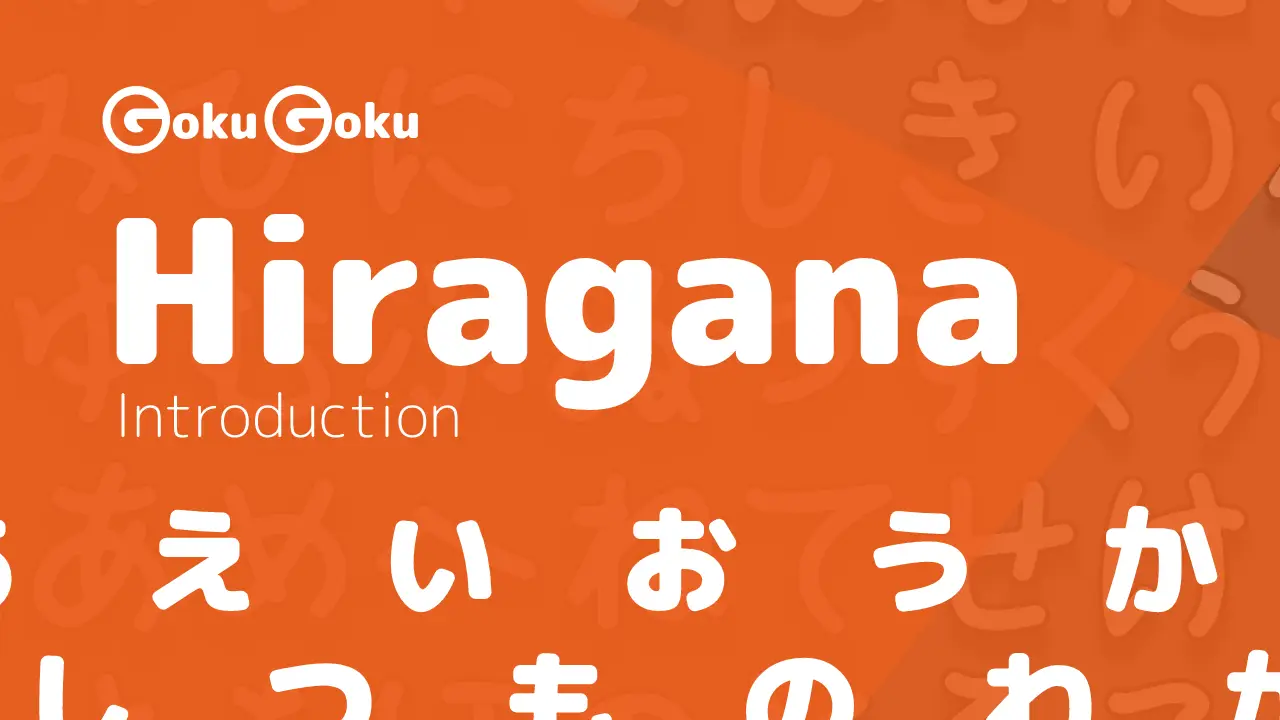こと (koto) Meaning Japanese Grammar - The Fact
GokuGoku
Get in touch with me5 min reading time
The noun こと (koto, which means thing), as well as the noun の (no), are used to nominalize a verb, adjective, or even an entire sentence that precedes them.
こと is often written with its kanji 事
What does it mean to nominalize
Nominalize means transforming part of a sentence into a noun.
In practice, this process is similar to adding the fact of before the sentence we want to convert to a noun.
For example, to transform the verb eat into a noun we can say the fact of eating.
A similar process can be done in many other contexts. In Japanese we use the nouns の and こと to accomplish this transformation.
What is the difference between の and こと
As a general rule we can say that the main difference between の and こと is that:
- の is more subjective
- こと is more objective
An objective view is an opinion that is not influenced by emotions or personal opinions, while a subjective view is an opinion that considers personal and emotional aspects.
こと literally means thing, and for this reason it is used grammatically in situations where we want to make a verb or adjective a noun to refer to these as real entities.
How to use こと
The noun こと at the base has two main uses:
- The first is to specify an action or state as the focus of the speech
- The second is to expand the discussion to consider the situation in general
These two uses seem at first glance opposite to each other, but in reality this is not the case.
Specify a situation with こと
When こと follows a verb or adjective it allows you to transform the entire sentence that precedes it into a noun.
In this sense, こと allows you to focus the speech on the sentence that precedes it,converting it to an entire noun:
カナダが寒いことに気づいた。
I noticed that Canada is cold.
In this example we see how the use of こと following the adjective 寒い (cold) is used to make the entire sentence preceding it a noun, that is, to transform カナダが寒い (Canada is cold) in the fact that Canada is cold.
Using こと after a noun: のこと
On the other hand, when こと follows a noun it applies to something that is already concrete in itself.
In this case, the use of こと allows you to refer to the noun that precedes it in its essence, and no longer as a concrete object.
When a noun follows we add の before こと, thus forming のこと.
Let's see below a particular example that gives the idea of this use of こと:
僕のことが好き?
Do you like me?
In this example, the question is not referring to "liking" in a physical sense (physical attraction). The use of のこと in 僕のこと allows you to refer to me (僕) more generally, the essence of the individual (physique, personality, character, etc.).
In this case, the use of のこと also allows to resolve a semantic ambiguity (of interpretation).
If the sentence had only been 僕が好き? another possible translation could have been I like it?. The use of のこと allows to clarify the real interpretation of the sentence.
ことだ - こと at the end of the sentence
When こと is added at the end of the sentence, often followed by the copula だ, its meaning becomes:
- Indicates a wish or command
- Indicates surprise or doubt (less common)
In these cases こと is preceded by the plain affirmative or negative form (ない) of the verb:
This form is used to indicate something that should or should not happen, also translated as I expect that.., it is expected that....
何があっても、時間通りに来ることだ。
It doesn't matter what happens, you are expected to arrive on time.
ことだ preceded by a noun
ことだ can also appear associated with a noun or a relative phrase. In this case, ことだ serves to define what precedes: we can translate it as ...it is the fact that, you expect that.... Let's also see an example here:
心配していただいてありがたいことだ。
You expect me to thank you for worrying about me.
In this sentence we see the use of ことだ at the end of the sentence apply to the entire relative sentence that precedes it. ことだ is to emphasize that what is said is really what you expect (It is the fact that...).
学習能力があるってことだ。
It is the fact that there is the ability to learning.
This form relates to another grammatical expression which is ということだ or ってことだ
How to use こと in Japanese - Examples
0:00.00
-1:0-1.00
エアリスにマリンのことを頼んだのは私です。
It was me who entrusted Marlene to Aerith.

In this example taken from the game Final Fantasy VII: Remake (FF7 リメイク) we see a real use of のこと.
In this sentence のこと is used to refer to エアリスにマリン. The literal translation is the fact of entrusting Marlene to Aerith:
- 頼む means
to entrust - エアリス
Aerithandマリンare the names of the game characters - に is the particle that connects the two characters mentioned
Similar grammar points in Japanese 📚

